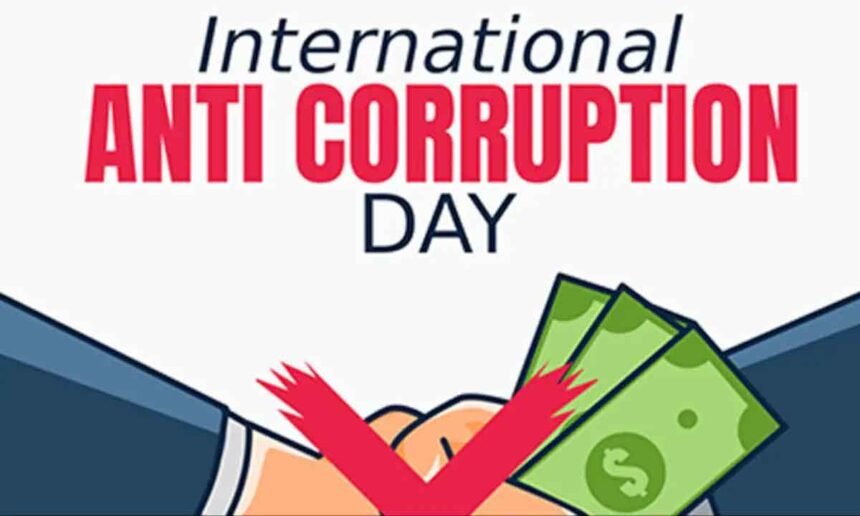International Anti-Corruption Day, observed annually on December 9th, serves as a crucial reminder of the ongoing battle against corruption worldwide. While the overarching theme is well-known, there are several lesser-known facets that deserve attention.
1. Digital Vigilance:
In an era dominated by technology, the fight against corruption has embraced digital tools. Many countries are utilizing advanced data analytics, artificial intelligence, and blockchain to enhance transparency and reduce opportunities for corruption. These innovative approaches often go unnoticed but play a pivotal role in the ongoing struggle.
2. Youth Empowerment:
A rising tide in the fight against corruption is the active involvement of the younger generation. Youth-led initiatives, both online and offline, are gaining momentum. Through social media campaigns, educational programs, and grassroots movements, young activists are driving change and demanding greater accountability from those in power.
3. Whistleblower Protection:
Protection for whistleblowers is a critical, yet often underestimated, aspect of the anti-corruption landscape. Many countries have been strengthening laws and mechanisms to safeguard those who come forward to expose corruption. These protections not only encourage transparency but also foster a culture of accountability within organizations.
4. Art and Advocacy:
Creative expressions, such as art and literature, are increasingly becoming powerful tools in the fight against corruption. Artists, writers, and filmmakers are using their craft to shed light on corrupt practices, influencing public opinion and inspiring action. Artistic endeavors are helping to break down complex issues into relatable narratives, making the fight against corruption more accessible to the general population.
5. International Collaboration:
Beyond individual countries’ efforts, global collaboration is instrumental in combating corruption. International organizations, governments, and non-governmental entities are pooling resources, sharing best practices, and collectively addressing cross-border corruption challenges. The interconnected nature of corruption requires a united front to effectively tackle the issue on a global scale.
6. Corporate Responsibility:
Increasingly, corporations are recognizing their role in preventing corruption. Ethical business practices, corporate social responsibility, and transparent financial reporting are becoming integral parts of the corporate landscape. Stakeholders are holding companies accountable for their actions, pushing for greater transparency and responsible business conduct.
7. Environmental Impact:
The nexus between corruption and environmental degradation is gaining attention. Illicit activities, such as illegal logging, poaching, and pollution, often thrive in environments where corruption is pervasive. Recognizing and addressing this connection is essential for sustainable development and the well-being of our planet.
8. Gender Dimensions:
Anti-corruption efforts are recognizing the gendered nature of corruption and its impact on women. Women often bear the brunt of corrupt practices, and addressing gender inequalities is integral to a comprehensive anti-corruption strategy. Empowering women economically and politically contributes to building more resilient and accountable societies.
As we commemorate International Anti-Corruption Day in 2023, let us not only focus on the well-publicized aspects but also acknowledge these lesser-known elements that contribute to the multifaceted fight against corruption. It is through a comprehensive and inclusive approach that we can hope to create a world where transparency, integrity, and accountability prevail.
